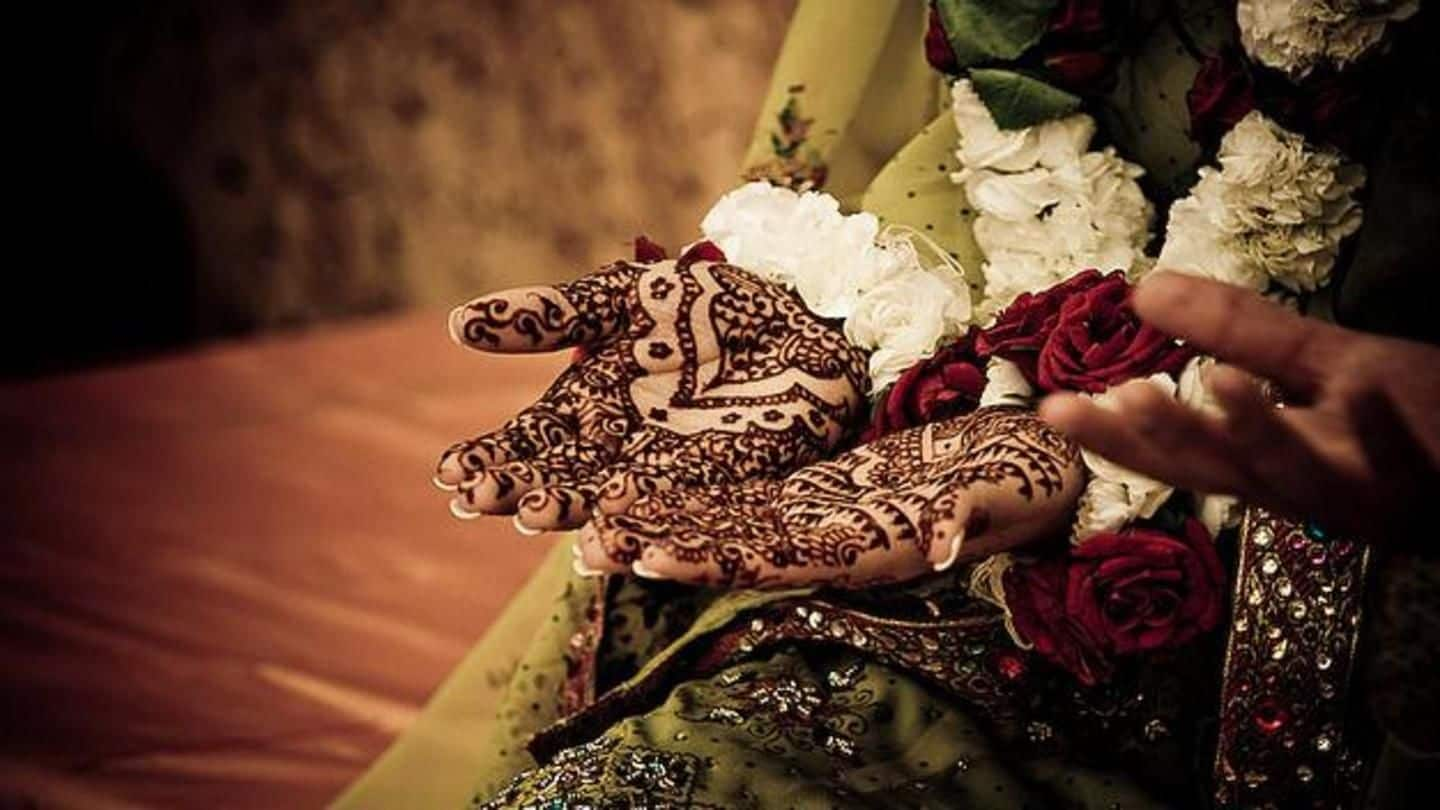
After triple talaq, Centre to oppose nikah halala and polygamy
What's the story
After pushing to criminalize instant triple talaq, the Centre will rally against Muslim practices of nikah halala and polygamy, in Supreme Court. BJP leader Ashwini Upadhyay, along with Sameera Begum and Nafeesa Begum, filed a PIL in the apex court demanding to make such practices 'unconstitutional'. Earlier, the SC had banned instant triple talaq. Here's more about it.
The practice
Before going further, let's understand what is nikah halala
Nikah Halala is a controversial practice that forbids a divorced woman from re-marrying her first husband until she marries another man and consummates the marriage. Activists, who are against nikah halala, have argued this leads to trafficking and women are forced to sleep with other men for one night. On the other hand, the clergy defended the practice saying it didn't exist in India.
Do you know?
But is nikah halala really non-existent? Reports prove otherwise
An investigation by India Today concluded religious leaders offered to sleep with divorced women, who were desperate to save their marriages, for one night in exchange for money. The maulvis charged anything between Rs. 20,000 to Rs. 1.5 lakh; and boasted of their 'achievements'.
The PIL
Centre's stand is nikah halala, like triple talaq, violates gender-equality
As it gave an order on triple talaq, the SC also issued notices on the fresh PIL against nikah halala and polygamy. The Centre is likely to respond to this notice, and maintain that these practices violate principles of gender equality. In his petition, Upadhyay sought to declare nikah halal as 'rape' under IPC Section 375 and polygamy an offense under Section 494.
Looking back
Even Muslim-dominated countries changed laws, Centre had said
Speaking on nikah halala and polygamy, the Centre contended that several Muslim-populated countries have made reforms in laws. These practices make Muslim women unequal to women from other communities, the Centre said. "The right of a woman to human dignity, social esteem and self- worth are vital facets of her right to life under Article 21 of the Constitution," it had maintained.
The help
Unsurprisingly, organization of Muslim-women oppose polygamy and nikah halala
Along with the Centre, the petitioners against Nikah halala and polygamy have found support from Bharatiya Muslim Mahila Andolan (BMMA). BMMA had successfully petitioned against triple talaq. The organization's Zakia Soman said in today's context the Quran wouldn't permit polygamy. "We are seeking legal protection like that for Hindu and Christian women," she said.
The defense
Defending these practices, AIMPLB official questions legality of live-in relationships
Maulana Wali Rahmani, the general secretary of All India Muslim Personal Law Board, had earlier said they would argue for 'non-interference' in these practices by the court. Not only this, the board plans to question why live-in relationships have been declared legal. Further, he alleged meddling in polygamy was unnecessary as he hasn't seen a man with four wives. "It's non-existent," he said.